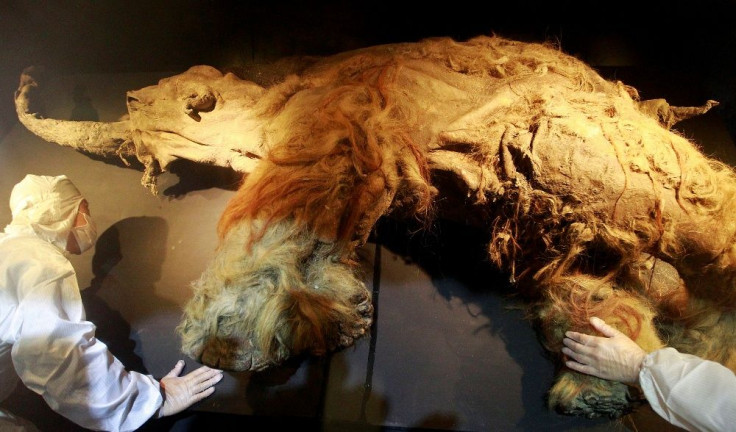Woolly Mammoth’s Possible Comeback Through DNA Changes

The extinct woolly mammoth may possibly come back to life as scientists from Harvard University have made changes to its DNA. The remains of the extinct animal have been preserved in the Arctic and were used as the specimen for the experiment. Scientists used the genes obtained from the preserved mammoth, replicated them and inserted them into the gene codes of an elephant, and results showed that the genes are fully functional.
This new method of applying changes to DNA is known as "Crispr" and involves the replacement of elephant genes with that of the woolly mammoth. This technique was used by Harvard University professor of genetics George Church.
Parts of the genes used have specific characteristics that are present only in mammoths including ear size, ability to withstand cold, and hairiness. According to Church, though the experiment has produced fully functional elephant-mammoth cells, the scientific work has not been published in a journal because “there is more work to do.”
In May 2013, woolly mammoth remains were discovered in remote Siberia, and upon its discovery, scientists found that it was still fresh as evidenced by the oozing deep red liquid in the carcass. Since then, scientists put in all efforts to study the existence and death of the animal.
The carcass was brought to Yakutsk, Russia, and examined for three days before it was sent to be refrozen. About three teams of experts are working on the reconstruction of the genome to bring the mammoth back to life.
Some scientists, though, do not believe that good may come from resurrecting the mammoth.
According to ancient DNA expert, Professor Alex Greenwood, bringing back an extinct animal is of no use with all the possible extinction of the existing elephants. “Why bring back another elephantid from extinction when we cannot even keep the ones that are not extinct around?” said Greenwood.
To contact writer, email: wendylemeric@gmail.com





















